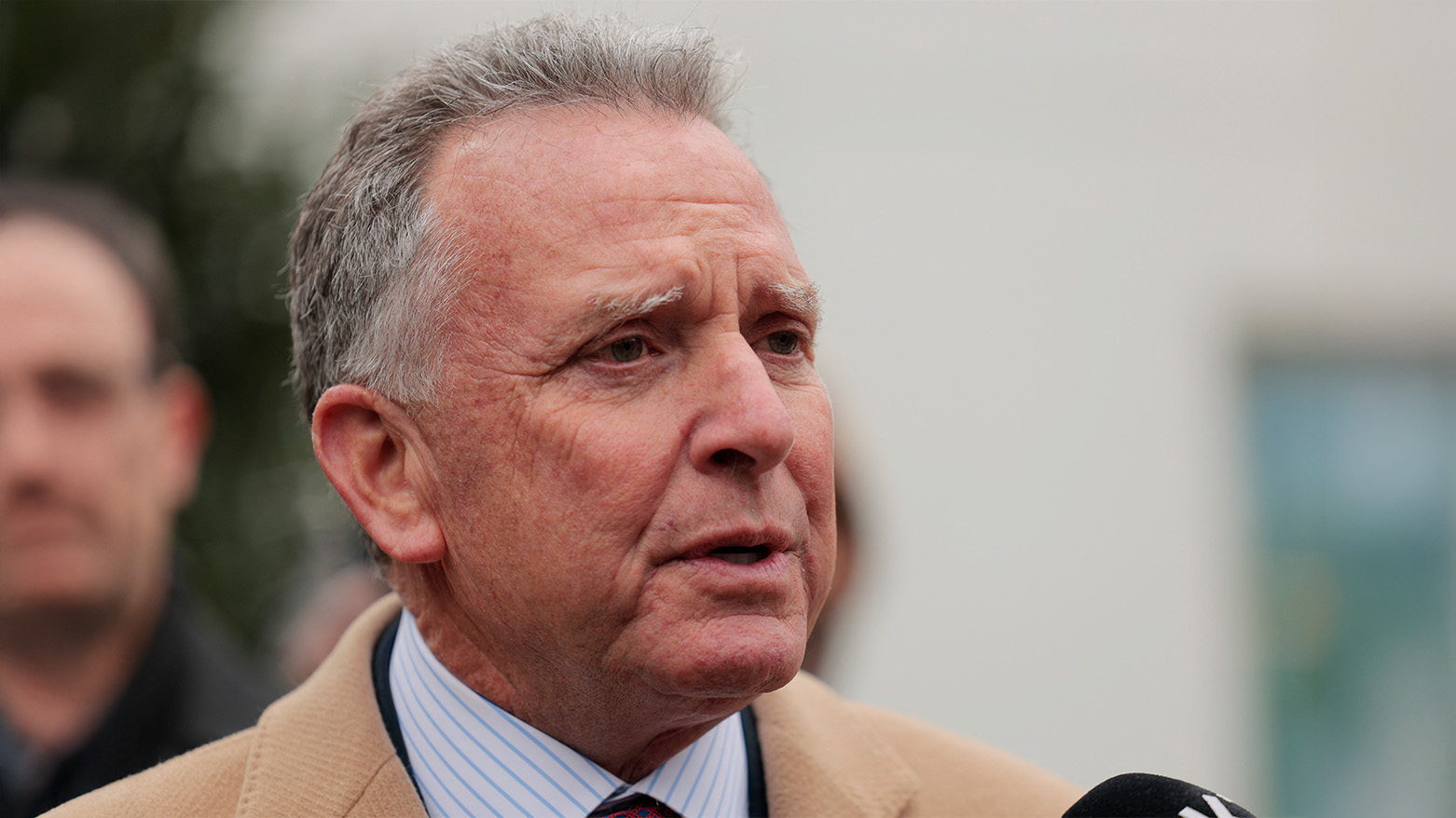Envoy Signals U.S. Interest in Iran Talks to Avoid War
Despite Iran’s hostile rhetoric, Witkoff said that Tehran has responded to Trump’s message via backchannels involving multiple countries.

ERBIL (Kurdistan 24) – Amid heightened tensions in the Middle East, U.S. President Donald Trump is signaling a renewed push to avoid military confrontation with Iran, instead seeking to lay the groundwork for diplomacy and trust-building, according to his Middle East envoy Steve Witkoff. His message comes in stark contrast to the rhetoric delivered by Iran’s Supreme Leader Ayatollah Ali Khamenei in a recent address, where he warned of severe retaliation against any hostile actions by the West.
In a wide-ranging interview with American news anchor Tucker Carlson, broadcast Friday on X (formerly Twitter), Witkoff revealed that Trump had recently sent a letter to Iran’s leadership in what he described as an appeal for dialogue and peace, rather than a threat of force. Witkoff emphasized that Trump's priority remains a diplomatic resolution to tensions, even as military pressure builds within and outside the United States.
“There's enormous pressure on the US, on the Trump administration from within and from outside to have a military conflict with Iran,” Carlson noted during the exchange. “The president doesn't seem, that's not his first, this is my read, if he wanted that, we'd already have it. He seems to want a diplomatic solution first. He wants to try that first.”
Witkoff confirmed this assessment. “Yes, that’s fair,” he said. “He sent a letter to the Iranians. It roughly said: ‘I'm a president of peace, that's what I want. There’s no reason for us to do this militarily. We should talk. We should clear up the misconceptions. We should create a verification program so that nobody worries about weaponization of your nuclear material.’”
Witkoff highlighted that the letter was not a show of weakness but a strategic overture. “He's not reaching out because he’s weak,” he said. “He is a strong man, maybe the strongest man I’ve ever met in my life.”
The letter reportedly offered Iran a path forward—one that envisions Tehran rejoining the international community, lifting sanctions, and rebuilding its economy. “Their economy was once a wonderful economy. They're being strangled and suffocated today,” Witkoff added. “They can join the League of Nations and we can have a better relationship and grow that relationship and that's what he's [President Donald Trump] presenting. That's the alternative he's presenting.”
However, Trump's outreach arrives in the midst of Iran’s seemingly uncompromising stance. In a strongly worded speech delivered at the Imam Khomeini Hussainiya in Tehran on the occasion of Nowruz, Ayatollah Khamenei declared that American threats and sanctions would never succeed, and warned that any act of aggression against the Islamic Republic would provoke a “severe slap.”
Read More: Iran’s Khamenei Warns ‘Threats Would Yield No Success’
Khamenei fiercely rejected the West’s characterization of Iran-backed groups in the region as proxies, particularly Yemen’s Houthis, arguing instead that these are independent actors rooted in local resistance. He reiterated Iran’s unwavering support for Palestinian and Lebanese factions resisting Israeli military operations and denounced Western nations for ignoring widespread protests against Israel’s actions in Gaza.
Despite Iran’s hostile rhetoric, Witkoff said that Tehran has responded to Trump’s message via backchannels involving multiple countries. While he did not disclose the nature of Iran’s response, he expressed cautious optimism that the diplomatic path remains viable. “I think that it has a real possibility of being solved diplomatically,” he said. “Not because I’ve talked to anybody in Iran, but because logically, it makes sense.”
The conversation comes as U.S.-Iran tensions remain high following a series of regional escalations, including Israel’s recent military strikes that reportedly weakened Iran’s air defense systems. Witkoff acknowledged Iran’s vulnerability, noting that “They are open to attack today,” but insisted the goal is to avoid such an outcome.
While Witkoff acknowledged the technical complexities of any agreement, particularly regarding Iran’s nuclear program, he stressed that Trump’s directive is clear: prioritize diplomacy, avoid war, and repair relationships through trust and mutual respect.
“The President is a President who doesn't want to go to war,” he concluded. “He’ll use military action to stop a war, not to start one. That's when he actually wants to use military action. In this particular case, hopefully it won't be necessary. Hopefully we can we can do it at the negotiating table.”
As Iran ushers in its new year with a combative tone and the U.S. signals diplomatic overtures, the coming months will likely determine whether the longstanding adversaries can chart a path toward reconciliation or slide further into confrontation.